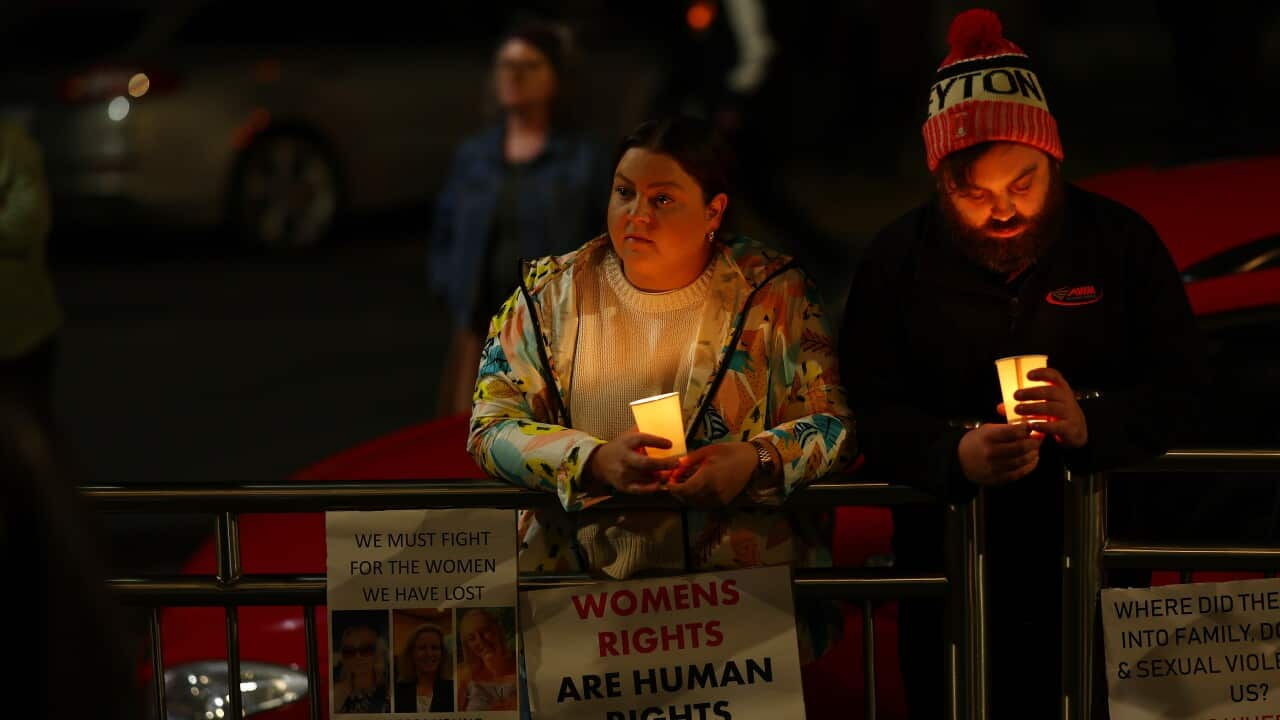Women experiencing menopause and perimenopause should have a right to request reproductive leave, a government committee report has recommended.
On Wednesday, the Senate handed down its report into the economic, physical, mental and financial impacts of menopause and perimenopause after a nine-month inquiry.
The 25 consensus recommendations included urging the federal government to consider introducing paid gender-inclusive reproductive leave and changes to the Fair Work Act to ensure women can access flexible working arrangements during menopause.
The committee, made up of Labor, Liberal and Greens senators, called on the government to look at ways to make menopause hormonal therapies more affordable and easily accessible by addressing shortages.
To improve understanding of the issue, they recommended a national awareness campaign, encouraging workplaces to develop menopause and perimenopause policies with employees, and better education for health practitioners.
Menopause occurs between the ages of 45 to 60, and perimenopause — which precedes it — can last for up to 10 years and begin in women aged in their 30s.
Those with the condition can face mild to severe symptoms such as tiredness, aches and pains, menstrual changes, a racing heart, difficulty sleeping, increased irritability and depression.
‘There should not be a stigma’
Greens inquiry co-sponsor Larissa Waters said it was time to bring the issue out of the shadows.
“There should not be a stigma around something that more than half of the population go through,” Waters told the parliament.
Labor senator Marielle Smith described menopause and perimenopause as an area that had been under-appreciated for a very long time, saying the report had found some medical students were receiving as little as one hour of training on the condition.
“It’s clear that the deeper you did the more you find that [women’s] experiences of pain are too often dismissed and ignored,” she said.
“Menopause isn’t an optional part of ageing. It will affect every woman lucky enough to reach mid-age, at some point in her life.”
Women are retiring up to seven years early due to menopause, resulting in losses of more than $575,000 in salary and super, according to data from the Australian Bureau of Statistics.
Liberal senator Maria Kovacic said the recommendations would assist women across Australia experiencing the condition.
“For some who are currently wondering what on earth is happening to their bodies, maybe they’ll be able to look to this and go, ‘That’s what’s happening to me’, when others before them haven’t been able to,” she said.
















